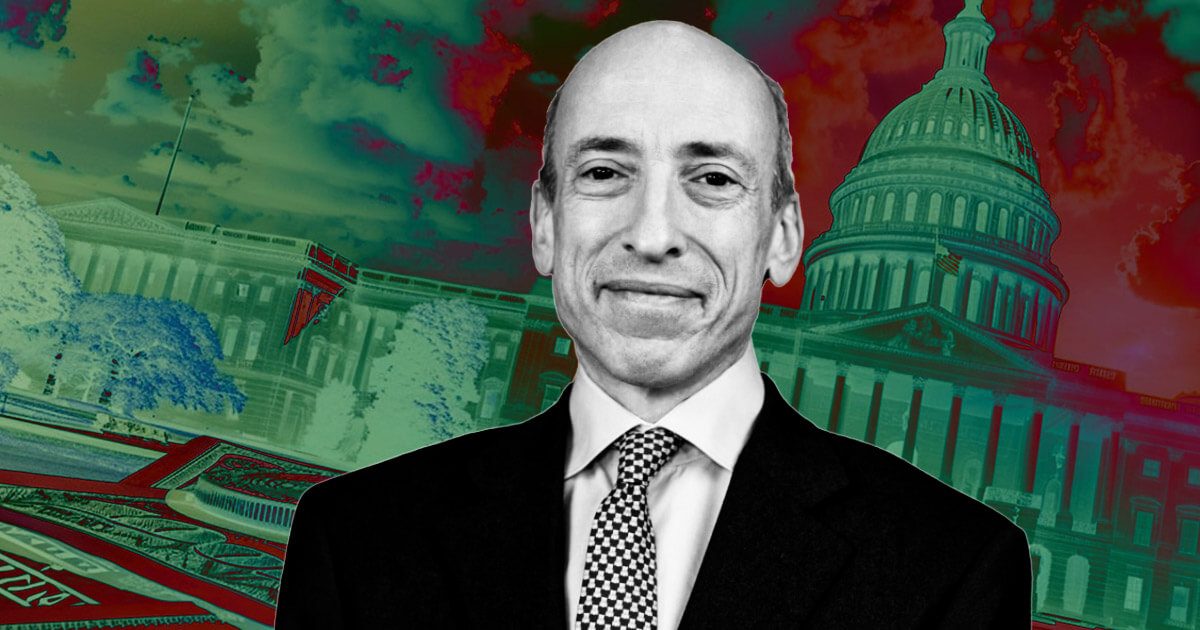
Gary Gensler, chairman of the U.S. Securities and Exchange Commission (SEC), issued a statement on May 22 expressing his strong opposition to the Financial Innovation and Technology for the 21st Century (FIT21) Act.
The FIT21 Act has been widely praised for providing regulatory clarity to the crypto industry. However, Gensler has criticized it, arguing that the bill would weaken current consumer protections in the crypto market.
President Biden’s administration said it opposes passage of the bill. However, the White House made clear that it was willing to work with the US Congress to “ensure a comprehensive and balanced regulatory framework for digital assets, building on existing authorities.”
Notably, the US House of Representatives will vote on the bill later today, May 22.
Gensler’s dissent
Gensler warned that the proposed bill would create significant regulatory gaps, undermining decades of precedent in the supervision of investment contracts and exposing investors and capital markets to significant risk.
The SEC chairman further emphasized that the regulation would prevent blockchain-based investment contracts from being classified as securities. This change would allow issuers of crypto investment contracts to self-certify their products as decentralized, effectively removing them from SEC oversight. He added:
“The SEC would have only 60 days to review and challenge the certification that a product is a digital product. Those that the SEC successfully challenges would be reclassified as restricted digital assets and subject to the bill’s lighter SEC oversight regime that excludes many core protections. “
In addition, Gensler criticized the bill for abandoning the Howey test, a key method for determining whether an investment qualifies as a security. He argued that this would lead to reduced protection for the few investment contracts that are considered securities. In addition, he pointed out the risks associated with excluding crypto asset trading platforms from classification as exchanges.
Gensler emphasized that the bill poses a significant threat to the U.S. capital market and its investors. He stated that the legislation would undermine capital markets by making it easier for companies to avoid enforcement measures.
FIT21 enjoys support
Despite Gensler’s opposition to the bill, the proposed legislation has strong support from the US Congress and the crypto community.
In a May 21 statement, Congressman French Hill, the chair of the Subcommittee on Digital Assets, Financial Technology and Inclusion, said the bill would give the SEC authority over digital assets not certified under the law and would provide sufficient safeguards to protect against further an FTX-like situation.
Several crypto companies, including Coinbase, Circle, Kraken, Gemini and advocacy group Stand With Crypto, have urged US lawmakers to support the legislation. The Crypto Council for Innovation (CCI) stated:
“FIT 21 will introduce new compliance challenges for digital asset companies, but regulatory clarity is unquestionably more responsible, safer for consumers and preferable to the status quo.”
While the bill awaits a vote today, the White House has confirmed that it will not attempt to veto it if it passes, even if it is “against” the bill. The vote will now likely be one of the most important pieces of crypto legislation that Congress will vote on.









